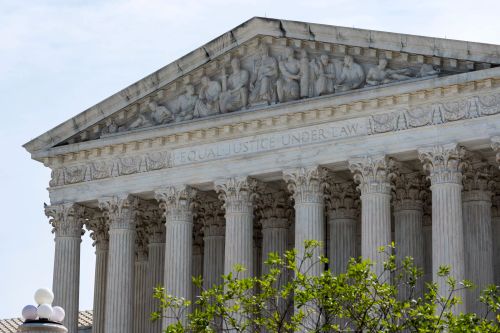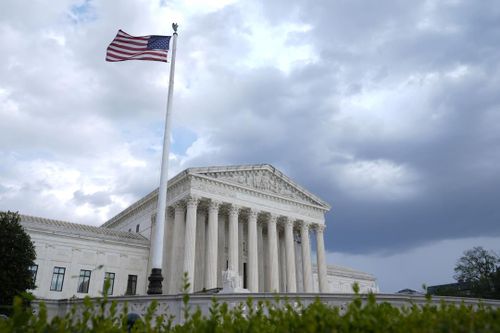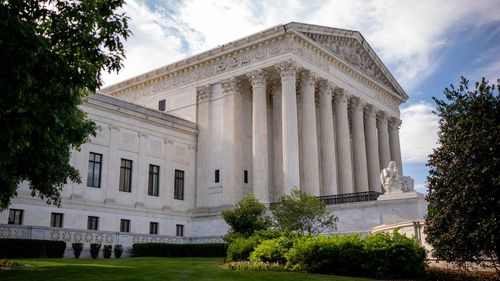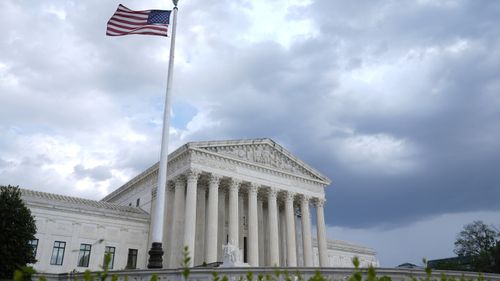Supreme Court Extends Time Frame for Challenges to Regulations


At issue in the case was whether Corner Post was too late when it brought its legal challenge. The store argued that it should not be bound by the six-year statute of limitations to challenge the 2011 regulation because it opened for business in 2018, after that deadline had passed.

In a decision regarding debit-card swipe fees that could reshape the landscape of federal regulations, the US Supreme Court has ruled that some regulations can be challenged many years after they were enacted. The ruling, which addresses a case over debit-card swipe fees, suggests that a wide array of long-standing rules could now be vulnerable to legal challenges.

The broader crux of the case was the question of whether litigants who are suffering from an alleged legal wrong due to an agency action are “entitled to judicial review thereof” under the Administrative Procedure Act. Justice Brett Kavanaugh concurred with Barrett’s majority opinion, saying, “Corner Post can obtain relief in this case only because the APA authorizes vacatur of agency rules.” All three Democratic-appointed justices on the high court, Elena Kagan, Sonia Sotomayor, and Ketanji Brown Jackson, dissented.









